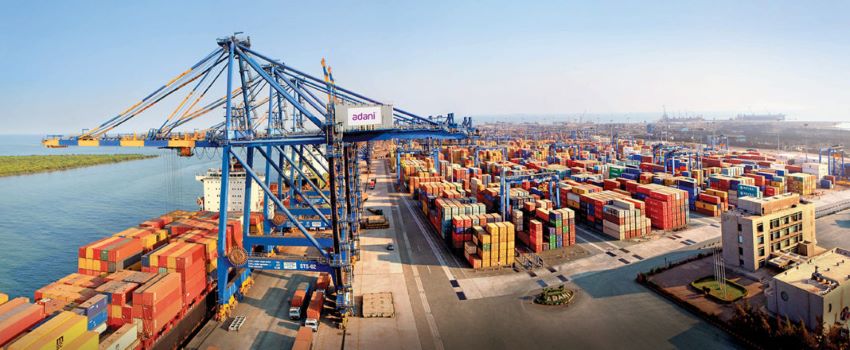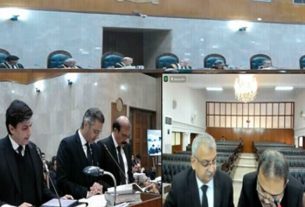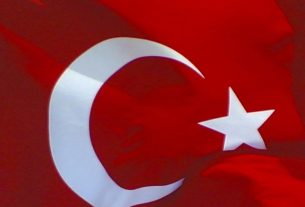Founded in 1999, G20 or Group of 20 is an intergovernmental forum comprising 19 nations around the world and the European Union. Formed in the wake of the Asian Financial Crisis, G20 is the leading forum for deliberation and coordination of core economic and policy issues at the global scale through dialogues, discussion, planning and implementation. It includes both developed and developing nations and these 20 countries account for 80% of the world’s GDP, around 75% of the world trade, and 60% of the world’s population. The group does not have a permanent secretariat and each annual meeting is supported and coordinated by the Troika – the past, the current and the incoming presidency. For the 2023 G20 summit, the Troika consists of Indonesia, India and Brazil. Up until now, the previous 17 Presidencies have delivered significant results while addressing the most pressing global issues of macro-economic stability, rationalisation of international taxation, relieving debt-burden on country, financial stability, climate mitigation and adaptation, and sustainable development.
Following the presidency of Indonesia this year, India is all set to assume the presidency for 2023 from 1st December 2022. India will host more than 200 meetings at over 50+ locations across the country. The Finance Track will focus on key issues such as financing for infrastructure, financing for health care, financial sector policy changes, and financing for sustainable growth under the eight working groups. The Sherpa Track will focus on thirteen issues like anti-corruption, agriculture, the digital economy, and climate change and two initiatives – G20 EMPOWER (This initiative aims to empower women and accelerate their leadership in the private sector by leveraging alliances between business leaders and G20 countries) and RIIG (Research and Innovation Initiative Gathering aims to enhance and strengthen research and innovation collaboration among the G20 member countries). Finally, the eleven Engagement Groups, consisting of non-government participants from G20 member countries, will provide towards the policy recommendations.
Building on the idea propagated by India’s age-old spiritual traditions, G20 presidency will function around the principles of the universal sense of one-ness – ‘One Earth, One Family, One Future’ – based on the adage Vasudhaiva Kutumbakam, meaning ‘that all of the world, universe or reality is one’.
One Earth: heal the planet by encouraging sustainable and environment-friendly lifestyles based on Indian traditions.
One Family: promote harmony within the human family by depoliticizing pertinent supply chains of food, fertilizers, and medicines. This is done with the aim to prevent humanitarian crises due to geo-political tension.
One Future: encourage honest conversations among the most powerful nations of the world regarding core issues of climate change and mitigation of risks posed by weapons of mass destruction to enhance global security.
This idea is drawn from the ancient Sanskrit text of the Maha Upanishad and seeks to reaffirm the value of all lifeforms – humans, animals and microorganism and their interconnectedness with each other and the planet Earth. The logo and the theme together convey a powerful message of India’s G20 Presidency which is of a just and sustainable future for all in the world. The theme further emphasises on Hon’ble PM Narendra Modi’s revolutionary vision of Lifestyle for the Environment or LiFE, which is associated with the need to make sustainable and responsible choices starting on an individual level for a greener and bluer future.
The presidency’s agenda further highlights the need to work together on a global level rather than restoring to wars and fighting for survival. PM Modi highlighted in his address the greatest challenges that the world faces today – climate change, terrorism, endemics, and pandemics – and how they can be resolved not by fighting but, rather, by supporting each other. There will also a key focus on the use of technology to formulate digital solutions which can be implemented at a global level to create lasting and meaningful changes.
India’s Presidency is all about human-centric globalisation and is expected to have large-scale impact on the intergovernmental policy formulations and discussions that will influence the New World order and set the global post-pandemic economic agenda.





